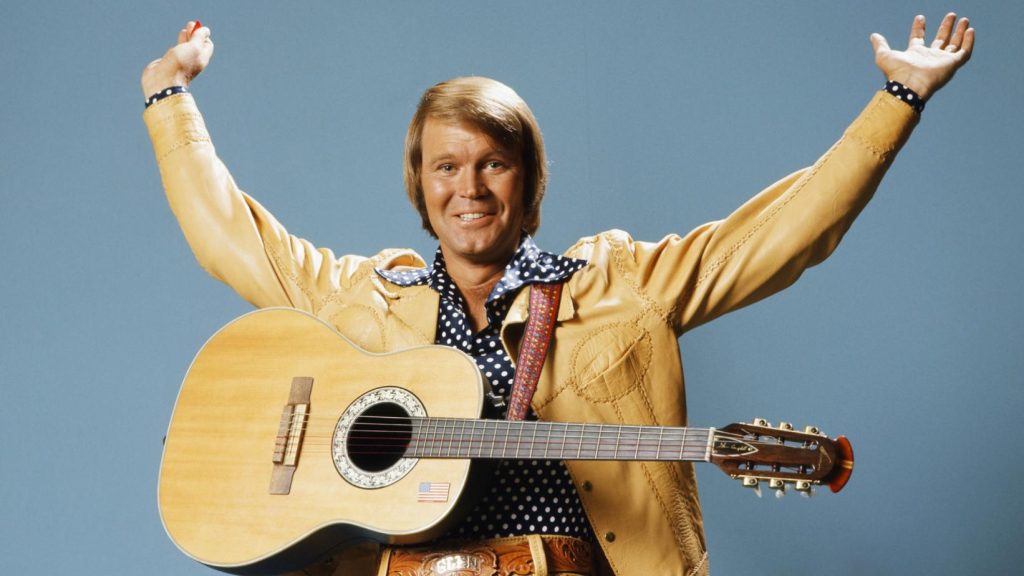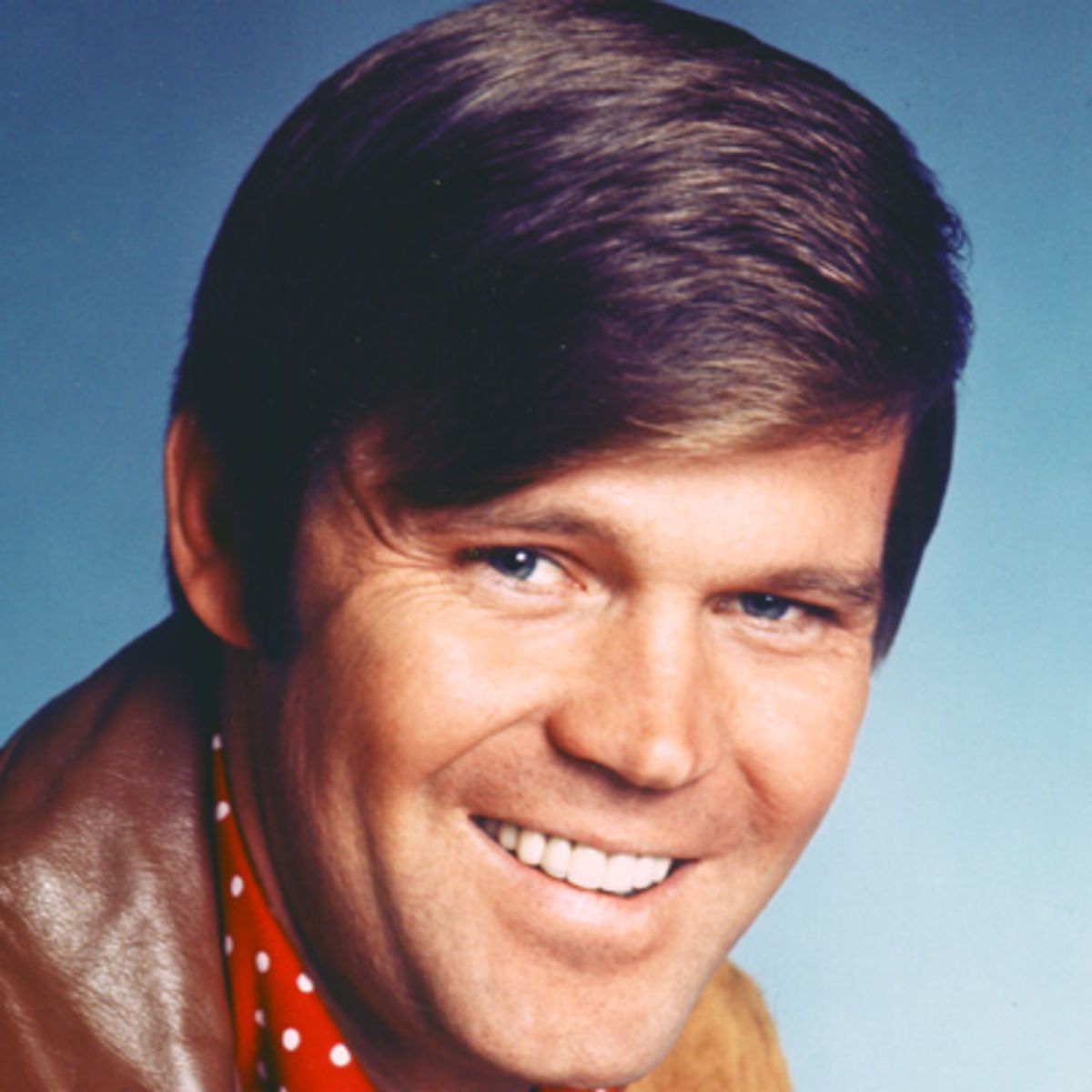“Wichita Lineman” by Glen Campbell is often regarded as one of the finest pieces of American popular music. Released in 1968, this iconic track reached No. 3 on the Billboard Hot 100 and topped the country charts, making it a massive crossover hit. Written by the legendary songwriter Jimmy Webb, the song combines country, pop, and orchestral elements, creating a sound that is both expansive and intimate. The lyrical imagery and Campbell’s heartfelt delivery helped cement the song as one of the standout tracks of the late 1960s.

At its core, “Wichita Lineman” is a song about loneliness and yearning, set against the backdrop of the American Midwest. The narrator is a lineman—someone who works on telephone poles—reflecting on his life while performing his duties. He’s physically isolated, out in the vast openness of the plains, but his thoughts are consumed by a deep, emotional longing. The key line, “And I need you more than want you, and I want you for all time”, captures this yearning in a profound and poetic way. It’s a sentiment that resonates far beyond the narrator’s specific situation, speaking to universal feelings of love, distance, and connection.
Musically, “Wichita Lineman” is both simple and complex. The arrangement is built around a gentle guitar melody, with orchestral strings providing a lush background that gives the song a cinematic feel. The orchestration is subtle, never overpowering, but it enhances the sense of space and loneliness that permeates the song. The use of a morse code-like guitar riff, meant to mimic the sound of a telephone line, is a brilliant touch that ties the music to the song’s theme. Campbell’s smooth, clear voice carries a quiet intensity, expressing both the solitude and the emotion that the lyrics convey.
One of the reasons “Wichita Lineman” has endured is its ability to evoke a sense of place. The imagery of a man working on telephone lines in the middle of nowhere taps into a distinctly American experience, one that is both physical and emotional. The wide-open spaces of the Midwest, with their endless horizons, serve as a metaphor for the emotional distance the lineman feels from the person he loves. The song paints a picture of a solitary figure, but it also speaks to the broader human condition—our need for connection in an often isolating world.
For Glen Campbell, “Wichita Lineman” was a career-defining song. Already a rising star with hits like “By the Time I Get to Phoenix”, Campbell’s collaboration with Jimmy Webb on this track solidified his reputation as a crossover artist who could bridge country and pop in a way that few others could. His performance on the song is understated but deeply moving, and it showcases his ability to convey complex emotions with subtlety and grace. “Wichita Lineman” became a signature song for Campbell, and it remains one of his most beloved recordings.
In addition to its emotional depth, “Wichita Lineman” is notable for its unconventional structure. There’s no traditional verse-chorus-verse format. Instead, the song unfolds in a way that feels more like a meditation than a story, with the repetition of certain phrases reinforcing the narrator’s sense of isolation and longing. This approach was unusual for a pop song at the time, but it’s part of what gives “Wichita Lineman” its timeless quality. It doesn’t follow the typical rules of songwriting, but its emotional power transcends those conventions.
In conclusion, “Wichita Lineman” is a masterful blend of music and storytelling, capturing a sense of place and emotion in a way that few songs have ever done. Glen Campbell’s tender performance, coupled with Jimmy Webb’s evocative lyrics and arrangement, makes this song a lasting classic. Decades after its release, it continues to resonate with listeners, offering a poignant reflection on love, isolation, and the longing for connection in a vast and often lonely world. “Wichita Lineman” stands as a testament to the enduring power of music to capture the human experience.
I am a lineman for the county
And I drive the main road
Searching in the sun for another overload.
I hear you singing in the wire.
I can hear you thru the whine
And the Wichita Lineman
Is still on the line.
I know I need a small vacation
But it don’t look like rain.
And if it snows that stretch down south
Won’t ever stand the strain.
And I need you more than I want you.
And I want you for all time.
And the Wichita Lineman
Is still on the line.
Guitar##
And I need you more than I want you.
And I want you for all time.
And the Wichita Lineman
Is still on the line.
